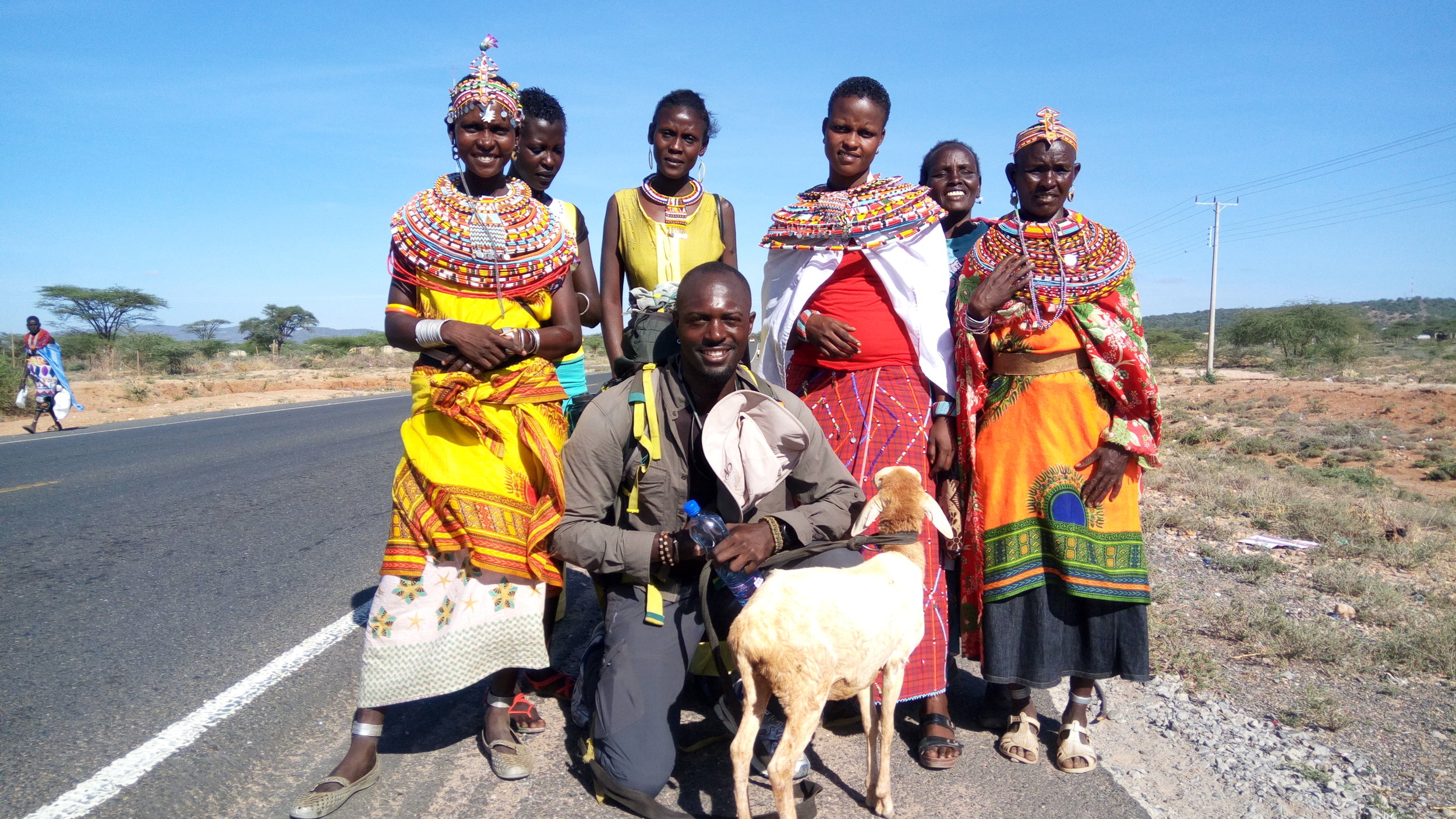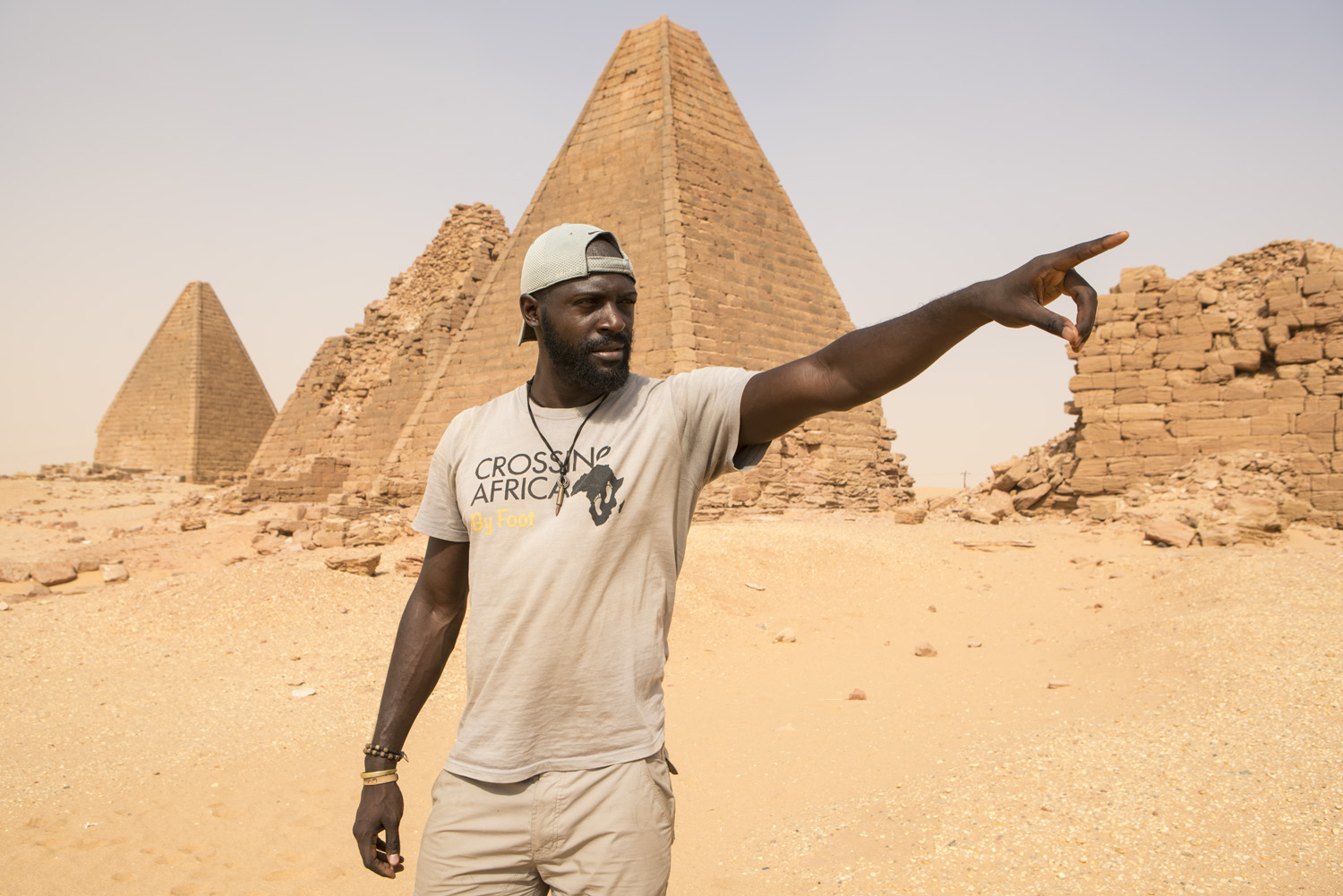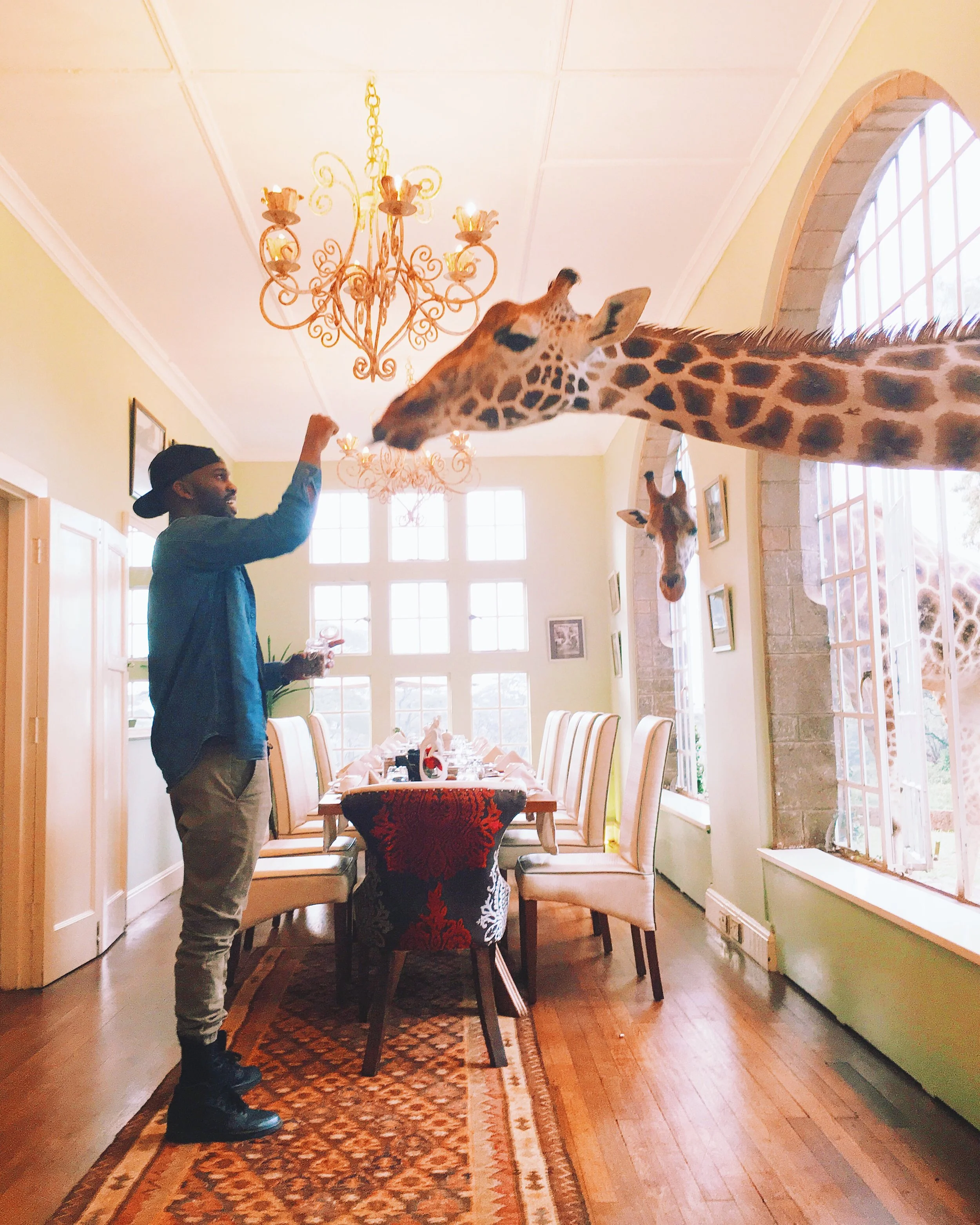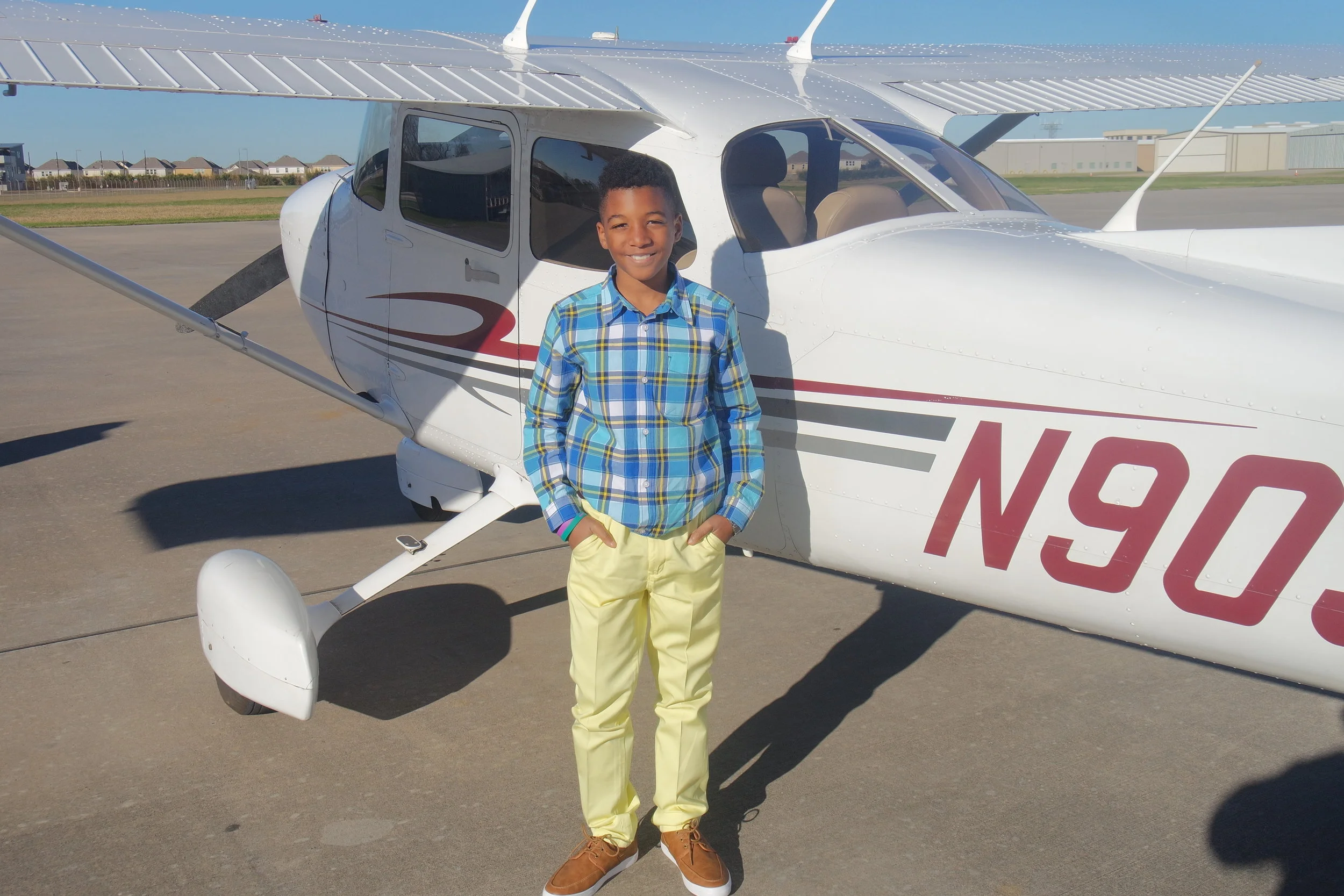Here at Black & Abroad, we work to ensure that our mission concedes simple brand recognition.
Often along the way, we encounter other like-minded individuals that have successfully mastered the space beyond their anticipated approach to empower the diaspora.
These are the influencers, visionaries, and tastemakers that have managed to successfully employ their own blueprints to create a better world for us tomorrow.
Throughout this series, we will present to you a hand-picked line-up of black-owned & operated brands and individuals that deserve your consideration.
That deserve your support.
That deserve your attention.
This is the Black & Abroad Conversation Series.
Enter Mario Rigby.
Mario Rigby was one of Toronto's top fitness experts and group training specialists (he is a former professional track and field athlete representing Turks and Caicos Islands--his birthplace and he's broken a provincial record in Ontario, Canada for the 400-meter sprint and successfully coached more than 40 athletes in various sports), but he dropped it all to take a journey most men wouldn't dare. Rigby recently completed his Crossing Africa journey, a two-year trek walking and kayaking from Cape Town, South Africa to Cairo, Egypt – a staggering 12,000 km (7456.5 miles) voyage. To put that in perspective, Mario could've walked from one coast to another in the U.S., and back, and be well over 2000 miles short of the trip he made.
Mario's route, from Cape Town to Cairo.
An adventurer at heart, Mario wanted to push himself to the absolute physical and emotional limit, and he succeeded, being tested in ways that would make anyone stop short. He contracted malaria, kayaked 550 km across Lake Malawi for two months, dodged bullets with government soldiers in a war zone, was attacked by wild dogs, and was jailed for several days near a small village, just to name just a few.
But, he persisted. He wanted to inspire other black people – and all humanity – to get out, be brave, and explore the world. Early on in his journey, Rigby also began breaking stereotypes, including his own, depicting Africa as unsafe and impoverished. Despite seeing some of those problems, it was the incredible warmth and compassion he received from nearly everyone he met that left the biggest impression on him. He walked step-by-step with Africans through eight countries, sharing their stories with the world in the most realistic way possible. He lived where they live, embraced their cultures, and met new friends, all while maintaining an unwavering belief in the kindness of strangers to help him along the way.
We got a chance to talk to Mario about his experience and the importance of his remarkable journey. Check out the conversation below!
When we read about experiences such as yours, it’s usually not a black man. Why was it important for you to take on such a trip?
It was important for me to take such a trip because it’s time for us to overcome fear and start approaching the world in a way that we can understand and get along with. Seeing Africans in their everyday lives helps bridge the gap between humanity. We can learn so much from Africans and Africans can learn from us.
Very often, when we travel, we have an idea of a place before we get there, and either it gets confirmed, or flipped on its head. What was an experience you had during your trek that made you rethink a previous understanding of Africa?
I tried not to have preconceived notions of what I thought Africa is but it’s difficult to do that when you’re continually bombarded in the west with their perception of Africa. The biggest surprise I had was definitely how incredibly diverse and beautiful the continent is. Walking every 50 km in most areas was like walking into a new world, there are forests, jungles, savannahs, deserts, coastlines, modern urban metropolises, deep history and a ton of tribal and cultural diversity.
Is there a country in Africa that you don’t need to ever visit again?
I thought hard about this question and no there isn’t a country I wouldn’t need to visit again. All countries had their pros and cons, but the people and beauty make up for it by far.
Surrounded by hundreds of Gelaba Baboons on the Simien Mountains
Looking back, is there something you wish you did before heading out on this experience?
If there is one thing I did, it’s to make sure a lot more people in the world get to see what my experience was really about. This way the myths of Africa, particularly East Africa can be debunked.
What was the thing you missed most during those two years?
I missed the flow of the life in most parts of Africa, the daily bargaining, the determination and passion from the youth and the creative ways they handle day to day life. The music was something that’s captured my heart and of the food.
What would you say to the person thinking about taking a journey like yours?
There have been a few guys who seriously inquired about my expedition. I believe there are now 2 or 3 people currently walking on route from one end of the continent to the other. I’ve had interviews or small chats with them. I tell them to plan it out but not to follow too strictly, leave room for wiggle especially when you’re in a hairy situation. Most of all go out and just have a great time!
What was something you brought along with you for the trip that people wouldn’t commonly pack?
Near the beginning I had to carry a machete, but that only lasted for a short while through the wilderness. Another uncommon item was the duct tape, probably the most common tool you could possibly have with you.
In Mayoka Village, Malawi.
Samburu tribe women who Mario met in Kenya.
What was your favorite experience during those two years?
My favourite experience throughout the 2 years was the day to day challenges and how everyday was incredibly exciting and unknown. It keeps you in a state of alertness.
Did your perception of what it means to be defined as “black" change at all during your travels?
I didn’t really have a definition of what it is to be black, I was raised in Germany as a kid with my brother and moved to the Caribbean as a preteen where I was bullied by kids constantly because of our accents and German behaviour. Then moving to Canada things changed. So because of my ever changing environments throughout my life I was forced to adapt to different ways of being. However I did make aware the fact that I believe there are rural areas where people are uneducated that still seem to have a colonial mindset, as in they believe that the colonists are the superior beings and they lay servants to them.
Overlooking Cape Point in S. Africa.
Taking a break in Vilanculos, Mozamibique.
And finally, what’s on your travel (music) playlist?
If I listen to music it’s mainly reggae like Bob Marley and Buju Banton classics, otherwise I’m listening to podcasts that further expand my mind on things I’m uncertain about.
Now that he's back home, Mario is working on his book, conducting speaking engagements, and preparing for his next expeditions.
You can find out more about Mario and his amazing trek on his website, www.mariorigby.com, and on Facebook, Instagram, Twitter, and YouTube.
Listen to Black & Abroad Co-founder Kent Johnson's podcast, UNGENTRIFIED, where he talks to Mario in detail about his experience in Africa.
CLICK TO LISTEN.
Click to play Mario's interview on UNGENTRIFIED, the podcast hosted by Black & Abroad Co-founder Kent Johnson.
Check out more of our Conversations with people making waves in travel below!

























